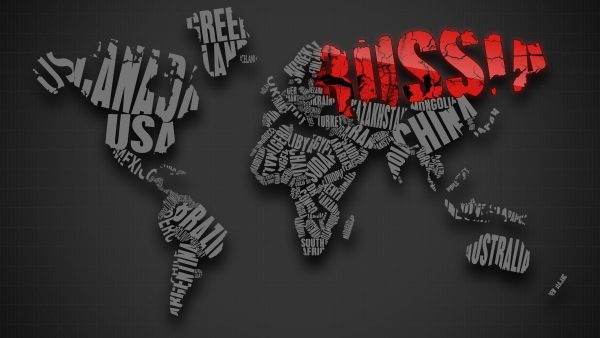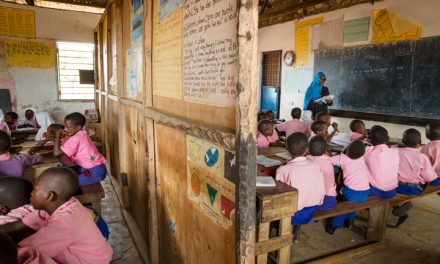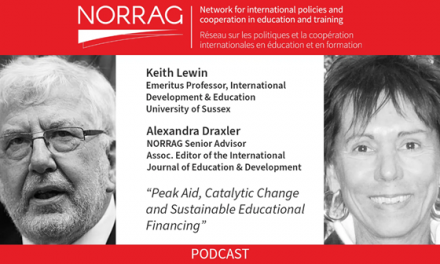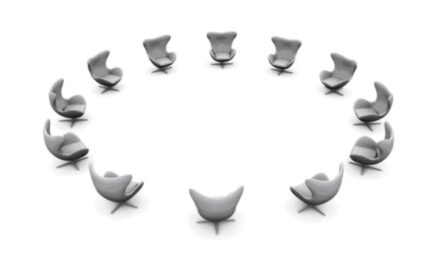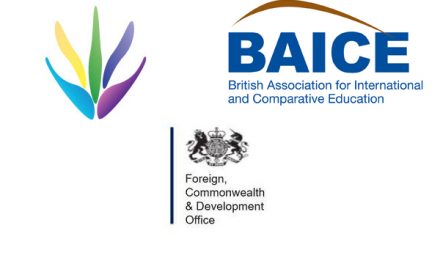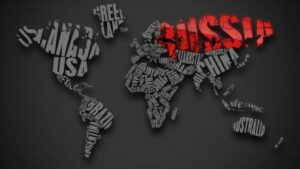
New donors in education: Russia’s contribution to Post-2015 Development: A Round Table at the 2013 UKFIET International Conference on Education and Development
With stagnating aid flows the world needs support of new donors to development assistance in education. Expectations associated with new donors are high, but the question is whether new donors are really able to contribute effectively or are going to stay “forever emerging” (R. Sharma). This UKFIET Conference round table aims to consider the challenges and opportunities associated with the Russian new role as a donor and to elaborate on its possible contribution to the Post-2015 education development.
UKFIET Conference Preview
This is the first in a series of previews introducing Symposia, Round Tables and Sub-Themes from the 12th UKFIET International Conference on Education and Development to be held 10-12 September in Oxford, UK. Please leave your comments and questions about the Round Table below.
The round table brings together Russian and international researchers, practitioners and policy makers to consider the challenges and opportunities associated with Russia’s new role as a donor. Having both Soviet development assistance legacy and a recent history of being aid recipient, striving to follow the DAC model and being a BRICS member at the same time, Russia represents a unique case of changing development assistance architecture. What would be its role in the Post-2015 development agenda as an individual development partner and also as an agenda settler for the upcoming forums of G20 in 2013, G8 in 2014 and BRICS in 2015?
Mark Rakhmangulov, Higher School of Economics, Russia, will discuss the legacy and opportunities associated with major international forums in Russia’s positioning as a re-emerging donor. Legitimization of Russia’s re-entry to development assistance will be presented by Tuomas Takala, University of Tampere, Finland. He will also discuss Russia education aid for development (READ), a flagship program in Russian education assistance. A policy making perspective on modalities of READ will be presented by Adrey Volkov, Moscow School of Management SKOLKOVO, Russia.
Patty Gray and Jennifer Murphy, National University of Ireland Maynooth, and Anastasia Maximova, Center for International Cooperation in Education Development, Russia will introduce the issue of whether Russia has enough capacity to back up its development assistance aspirations.

